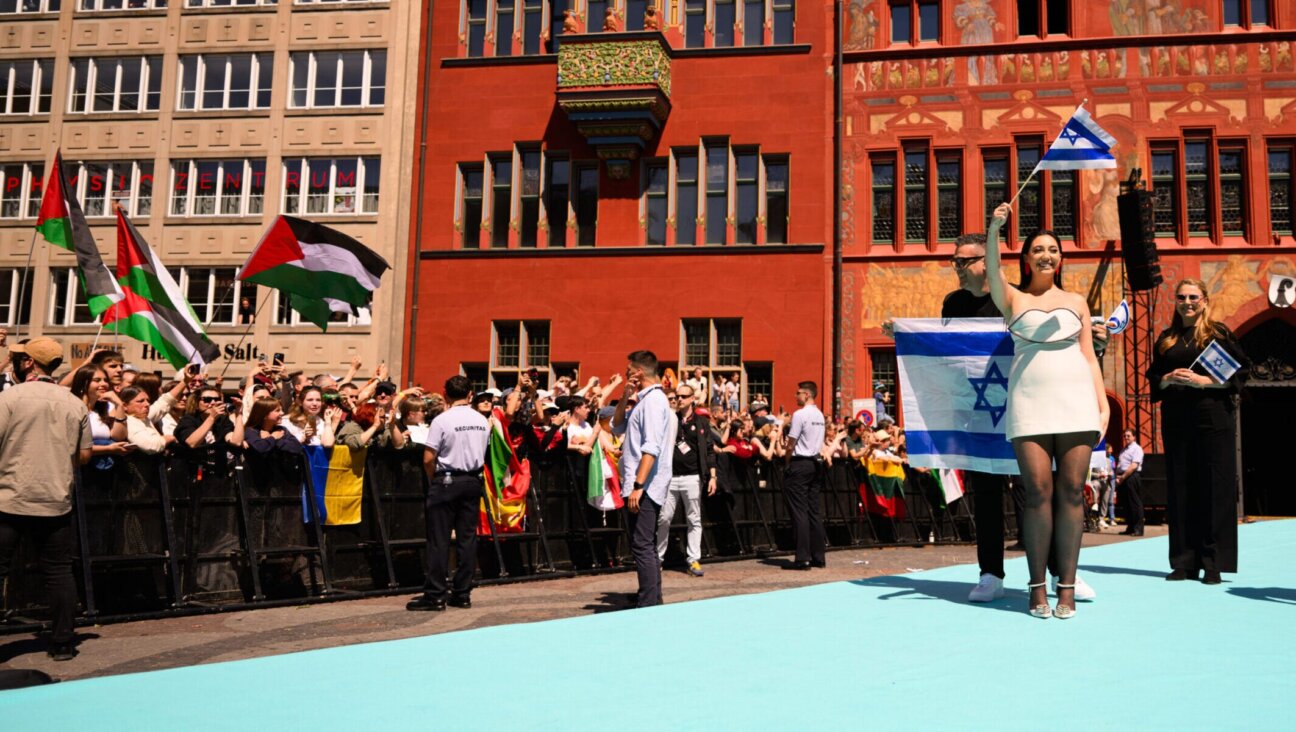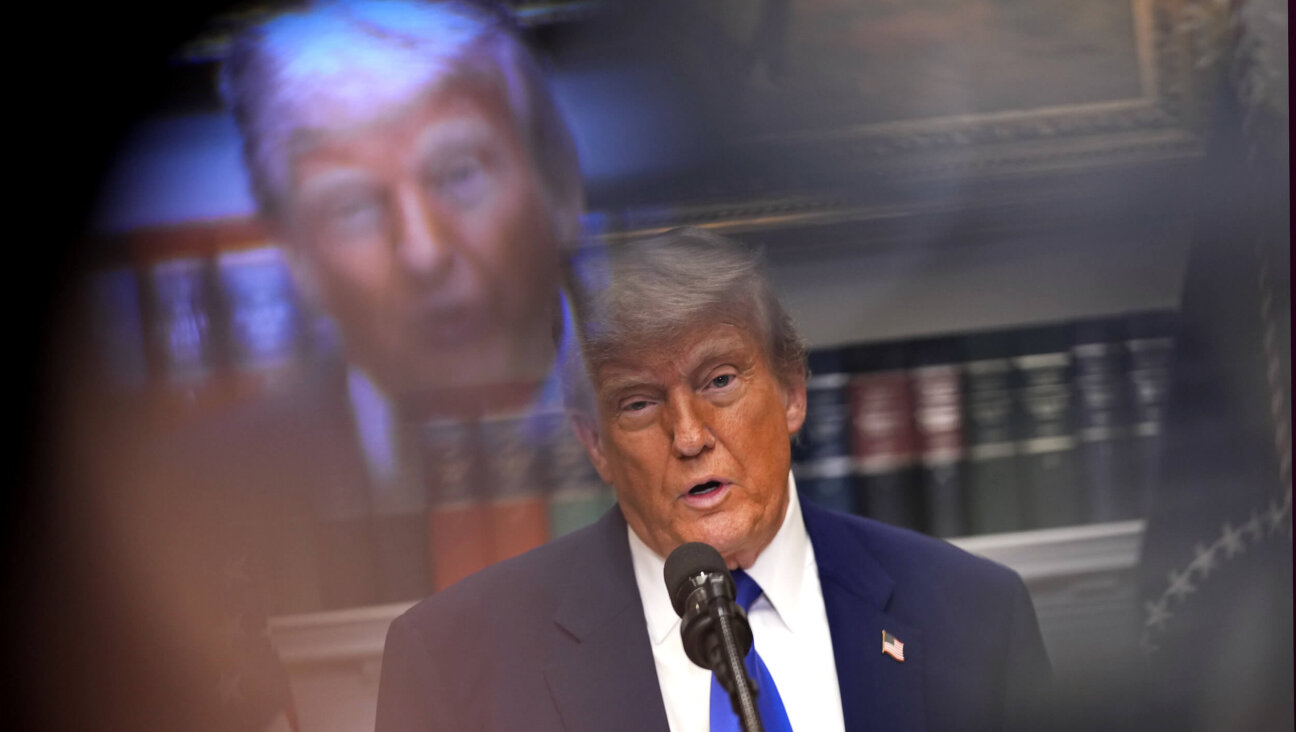N.Y. Times: Tax-Exempt Gifts Bolster Settlements
Read the Forward’s related coverage here and here.
Tax-exempt donations from the United States have helped Jews to strengthen West Bank settlements, preventing the creation of a Palestinian state, The New York Times reported.
As the U.S. government is working to bring about an end to Jewish settlements and build a Palestinian state in the West Bank, U.S. Treasury tax breaks have provided $200 million in tax-free funding to the settlements from American donors, the lengthy report published Tuesday in the Times reported.
The newspaper identified at least 40 American groups that have collected more than $200 million for Jewish settlements in the West Bank and eastern Jerusalem, according to the report. The money goes mostly to schools, synagogues, recreation centers and other similar places. But some has paid for housing, guard dogs, bulletproof vests, rifle scopes and other security equipment.
“It’s a problem,” a senior State Department official was quoted as saying, adding, “It’s unhelpful to the efforts that we’re trying to make.”
The New York Times report quoted Daniel Kurtzer, the U.S. ambassador to Israel from 2001 to 2005, as saying: “It drove us crazy.” But “it was a thing you didn’t talk about in polite company.”
Kurtzer added that “a couple of hundred million dollars makes a huge difference,” and if carefully focused, “creates a new reality on the ground.”
American tax law is more lenient than Israel’s in some areas, according to the report, which pointed out that Israel ended tax breaks for contributions devoted exclusively to settlement-building a decade ago, and that it is illegal for outposts, as opposed to established settlements, to receive tax-deductible donations.
Americans also take tax breaks in giving to pro-Palestinian groups, the report pointed out. But giving to settlements is different since the U.S. government does not allow its aid to go to them.




















